This Bronxville Home Asking $3.195 Million Was Developed for "a Genius or Delightful Person"
An 1890s home now on the market in Bronxville, N.Y., was one of the earliest built in a planned community for the bohemian-bourgeois just north of New York City.

An 1890s home now on the market in Bronxville, N.Y., was one of the earliest built in this planned community for the bohemian-bourgeois just north of New York City and gives a little insight into how its early suburbanites lived.
The development was the brainchild of William Van Duzer Lawrence, a wealthy pharmaceutical mogul, perhaps best known for founding Bronxville’s Sarah Lawrence College in 1926.
Lawrence took a train out to the then-small town in Westchester County in 1889 to scout out whether it would serve as the site of his planned community. Like Dean Alvord in Brooklyn and Pierre Lorillard in Tuxedo Park, Lawrence was one of many people of vision in the late 19th and early 20th century trying to create their ideal neighborhoods.
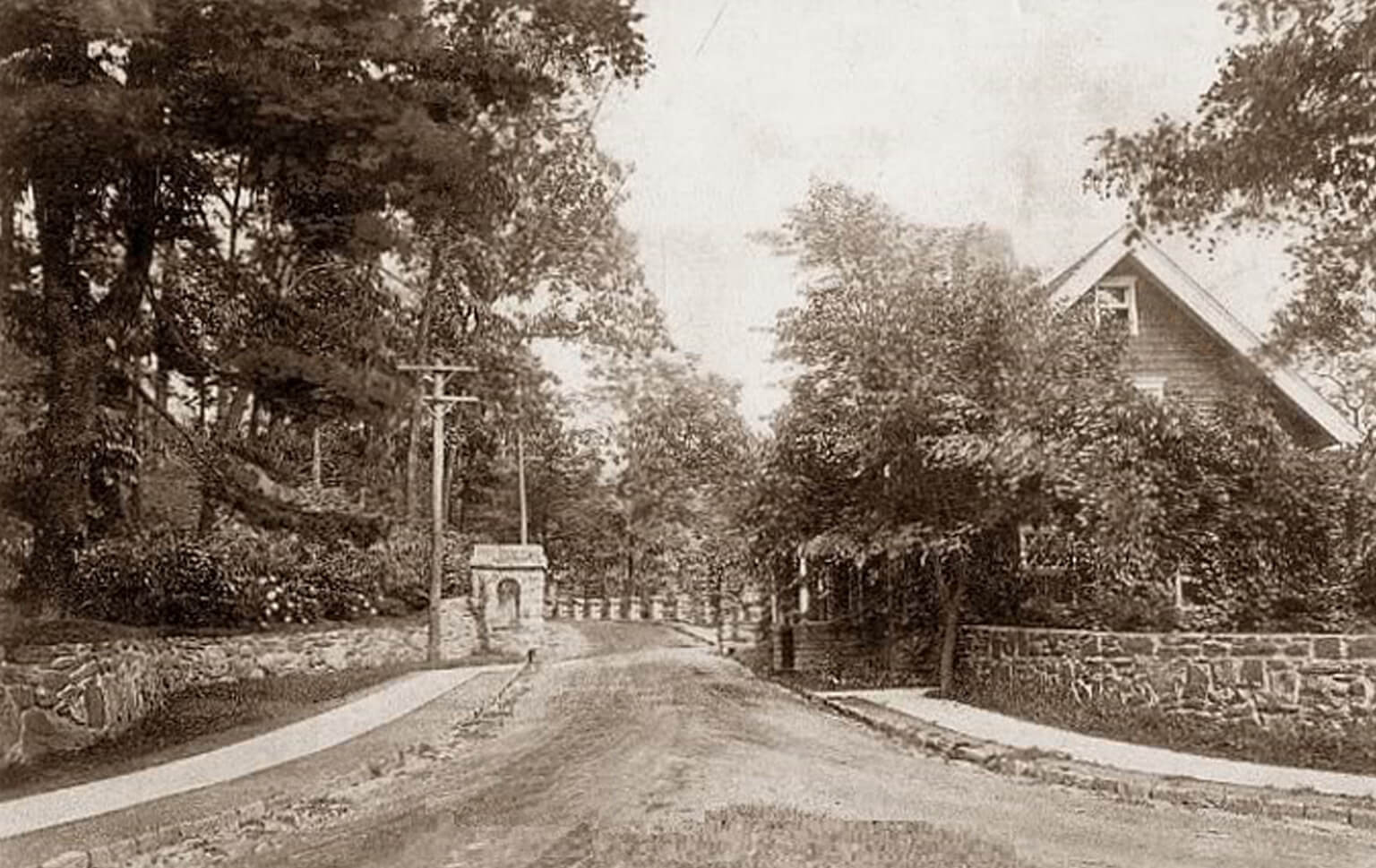
By 1890, Lawrence had purchased over 80 acres of land and immediately began dividing it into lots, laying out streets and constructing residences. Unlike the development in Tuxedo Park, Lawrence wasn’t envisioning a playground for the wealthy but rather homes for the comfortably middle class. The neighborhood became known as Lawrence Park and in describing what sort of person was the “right” type to live there, an 1895 sales brochure noted “You must be either a genius or a delightful person to be eligible at all for such privileges as we extend.”
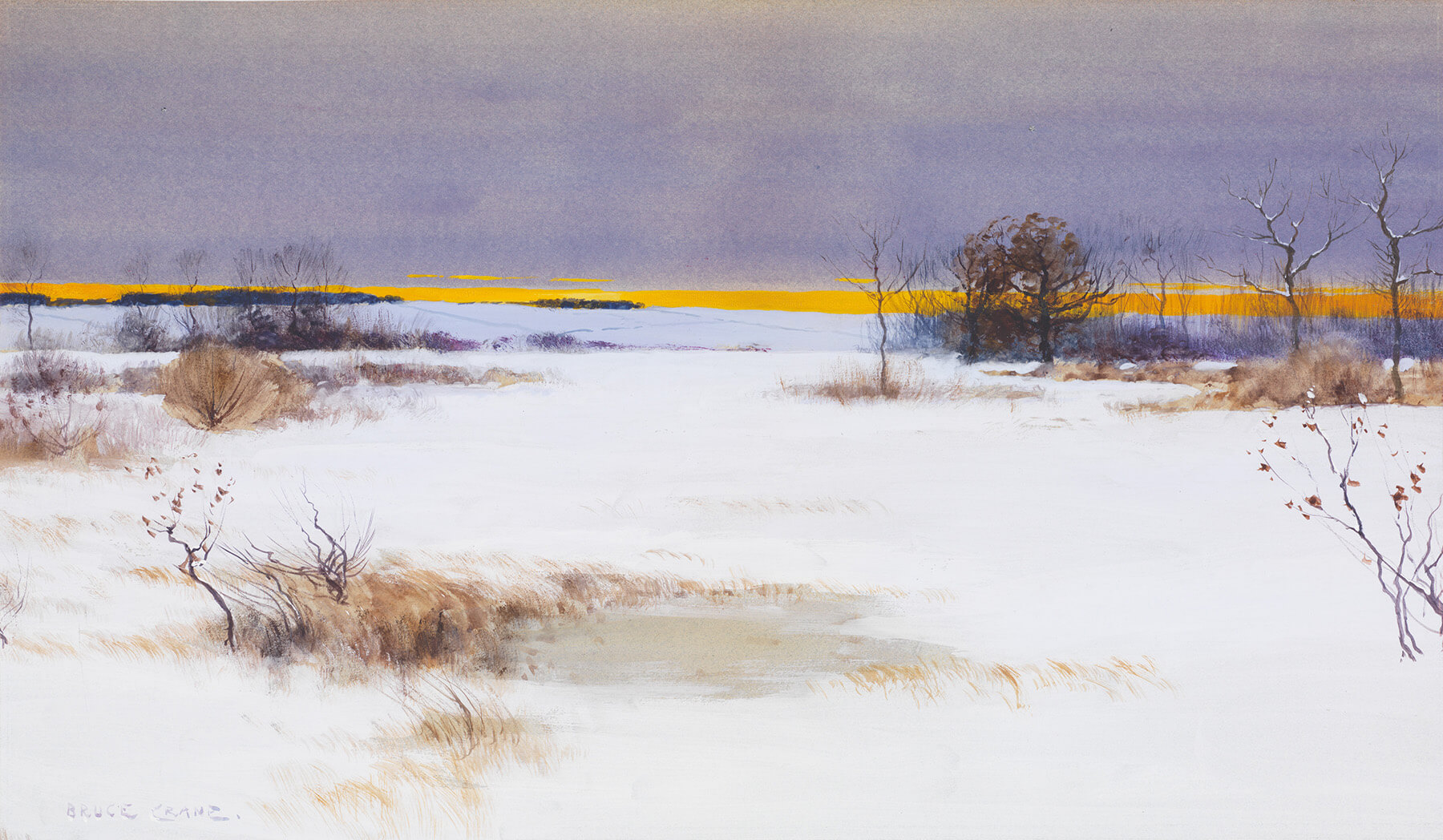
Early on, artists were welcomed as part of the society there — not necessarily the avant-garde or bohemian, but successful artists and writers who chose to live in a suburban setting with an easy commute to Manhattan. As the New-York Tribune noted in 1902, it was the “chosen home” of “artistic folk who sought it for quiet.” Artists who lived in the neighborhood included painter Bruce Crane, illustrator William Thomas Smedley, muralist Violet Oakley, and sculptor Alexander Phimister Proctor.
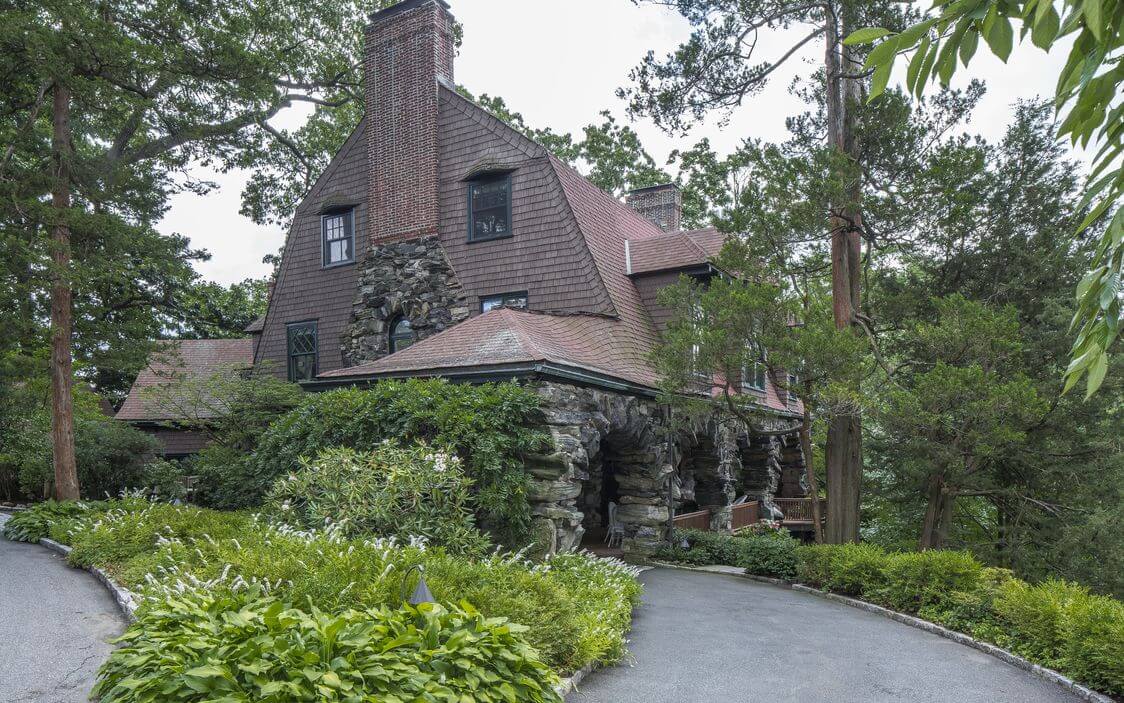
Lawrence hired architect William Bates to design a number of the earliest houses in the development. One of these, 12 Sunset Avenue, is now on the market.
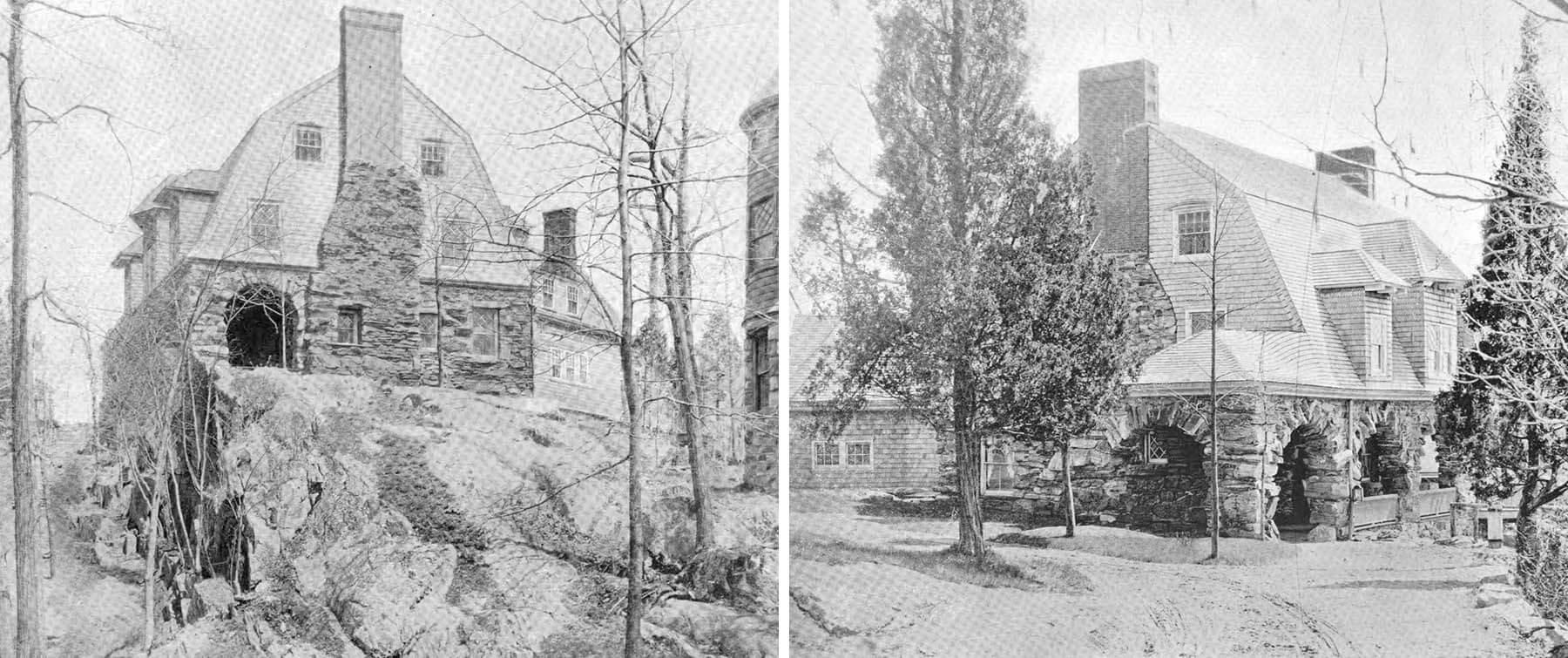
Bates designed a house that almost appears to be rising up out of the rocky outcropping on which is it perched. The Shingle Style house was completed in 1891.
It has a picturesque combo of elements, including a gambrel roof, dormers, towering brick chimneys, and massive stone arches at the base creating a dramatic port cochere. The house was featured in Scientific American, Building Edition in 1896, which noted “the site is rustic and unique, and the building is constructed in keeping with the surroundings.”
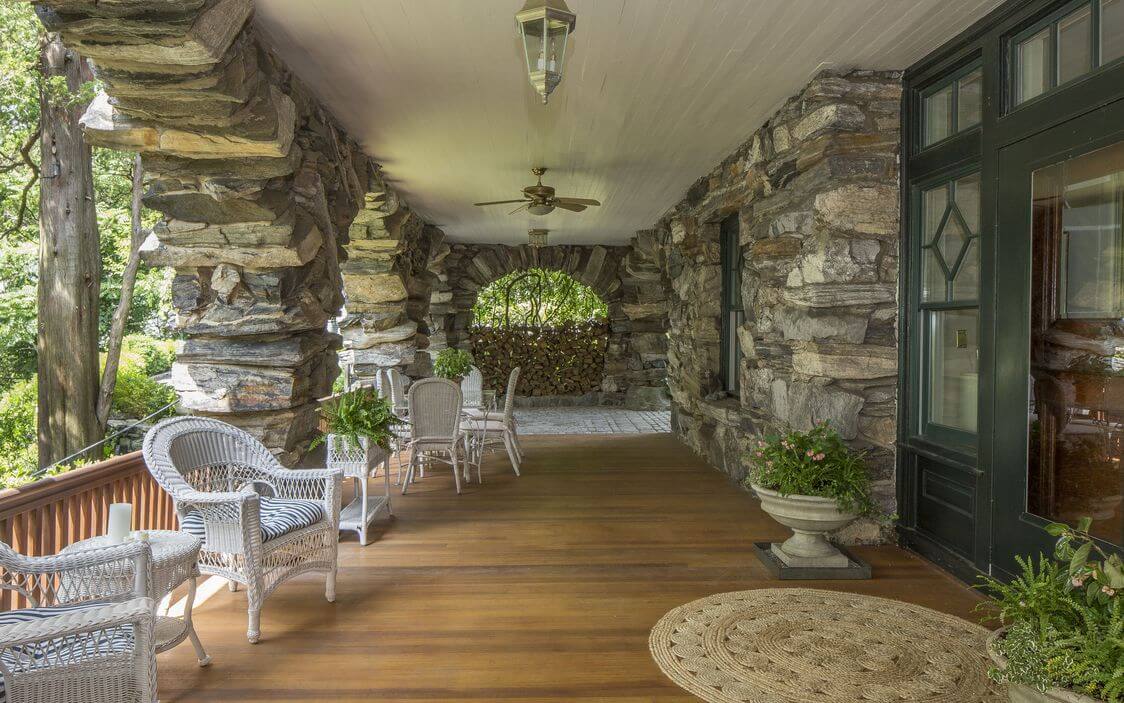
The rocky arches led to the houses’ moniker, Gray Arches. Among its early residents was Kate Douglas Wiggin, an educator and writer perhaps best known for the children’s classic, Rebecca of Sunnybrook Farm.
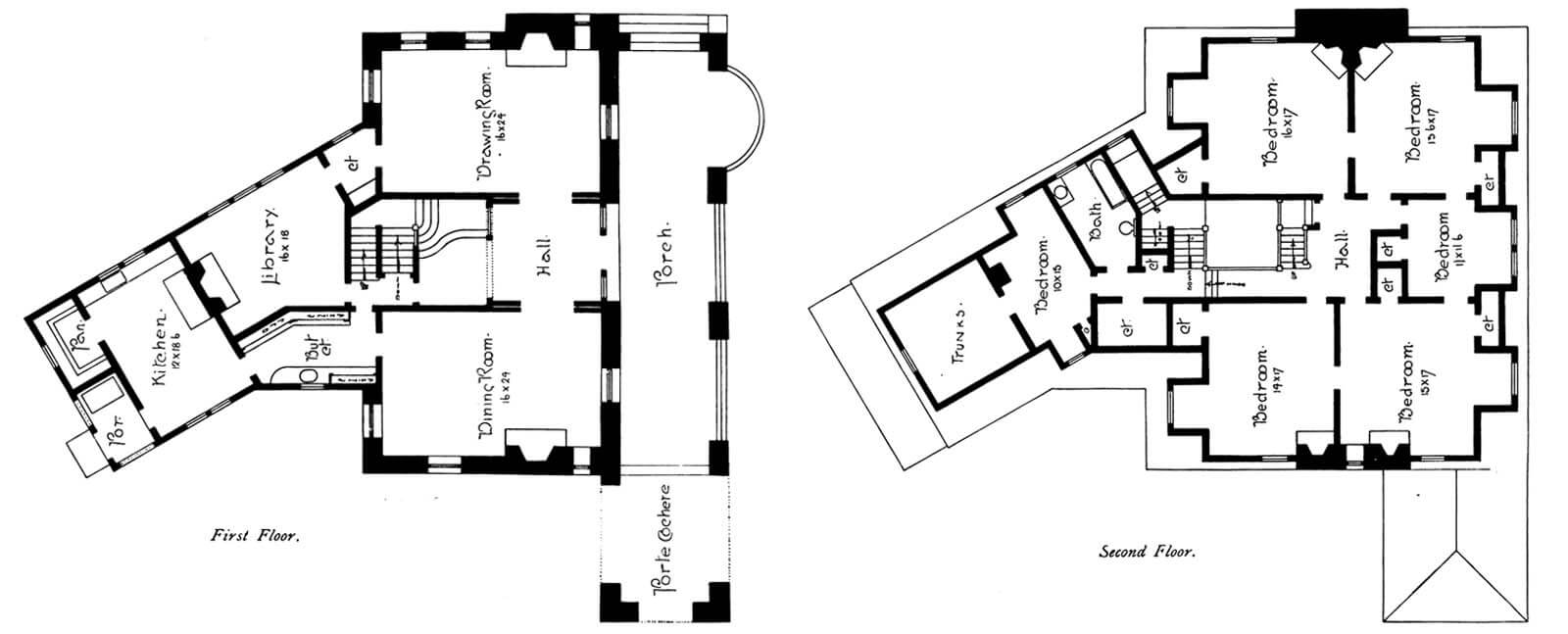
There aren’t any floor plans included with the listing, but the ones printed in 1896 suggest there may have been a few adjustments to the inside over time –– one imagines the trunk room has found a new use. The plans for the third floor weren’t printed but the article noted it contained two more bedrooms and “ample storage.” The house now has seven bedrooms and 4.5 baths, a nice increase in bathrooms from the single one that appears on the earlier floor plans.
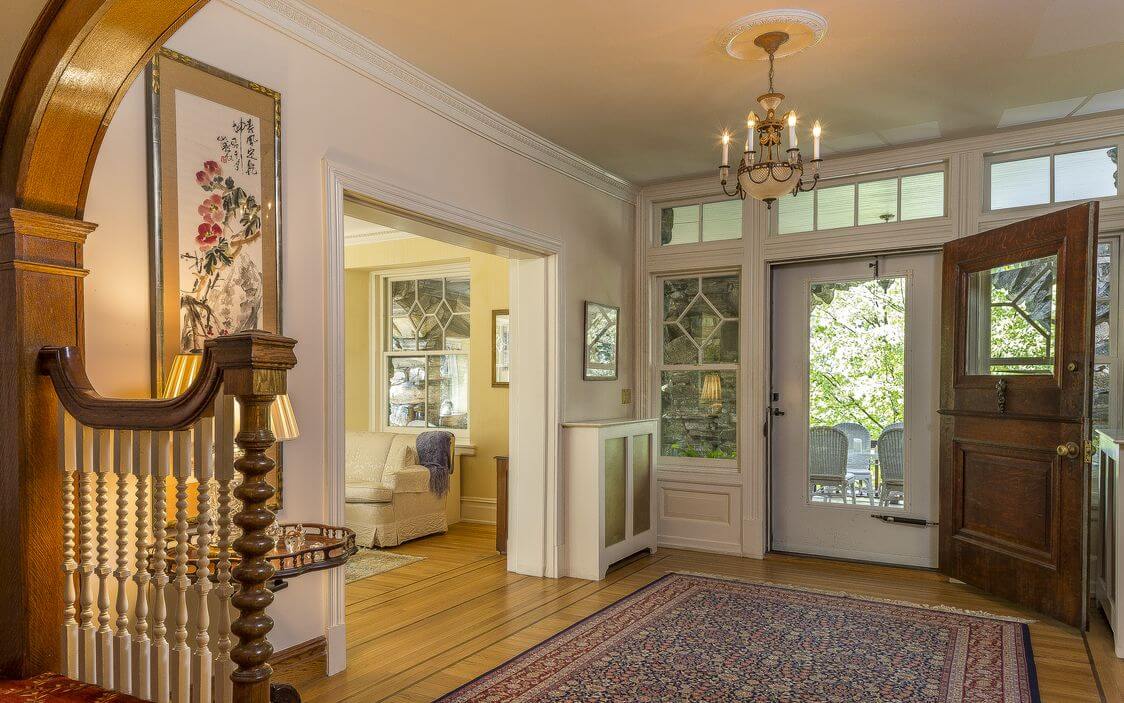
The listing photos show that many of the original interior features still survive, including the gracious entry. It was described in 1896 as being “most attractive,” with an arched opening trimmed in oak leading to the “ornamental staircase.” The finely turned spindlework of the staircase appears to be intact.
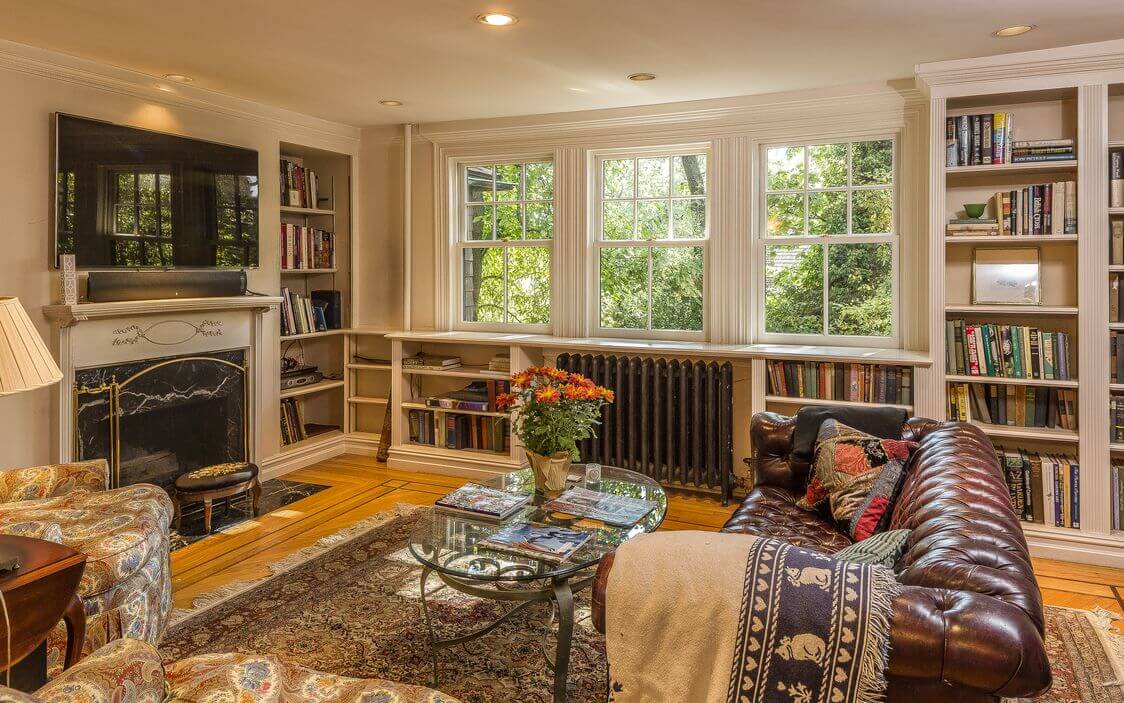
Such details in the entry and in the other first floor rooms show a Colonial Revival touch.
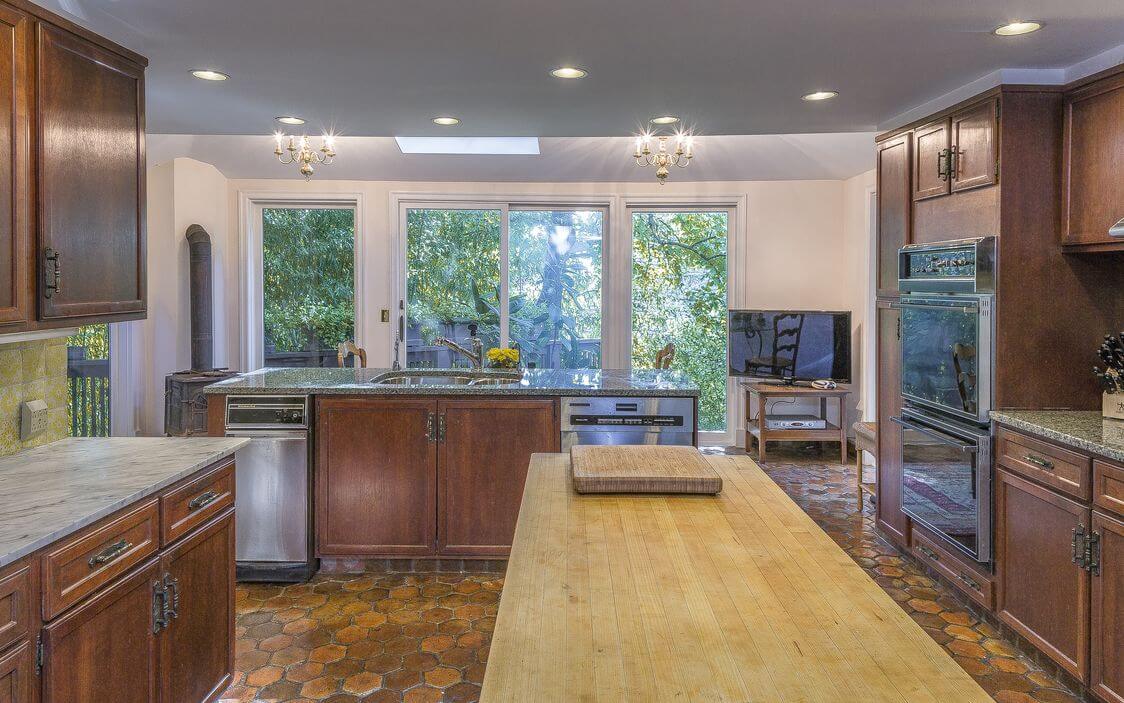
The kitchen is circa 1970, and includes recently renovated counters. The icebox is long gone.
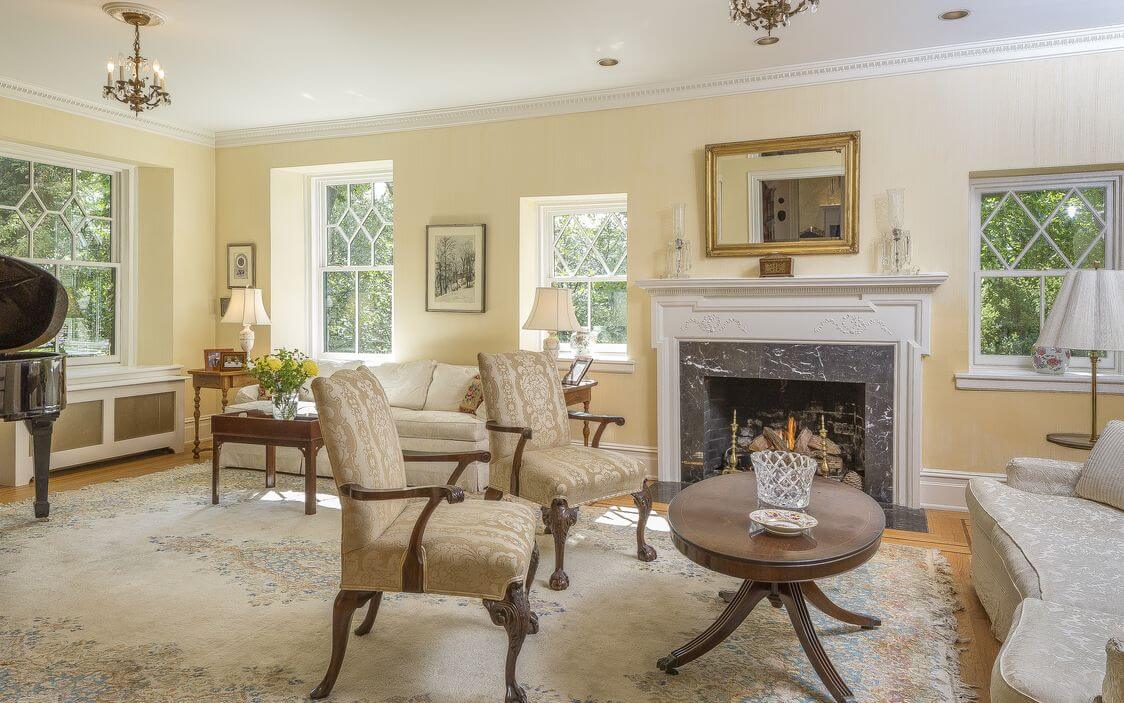
Gray Arches is one of almost 100 properties included in the Lawrence Park National Register Historic District, designated in 1980.
The house is listed by Rita Steinkamp of Houlihan Lawrence-Bronxville Brokerage at $3.195 million. A bump up from the $10,000 Scientific America, Building Edition claimed it took to construct.
Ready to pull up your horseless carriage to the port cochere for a closer look?
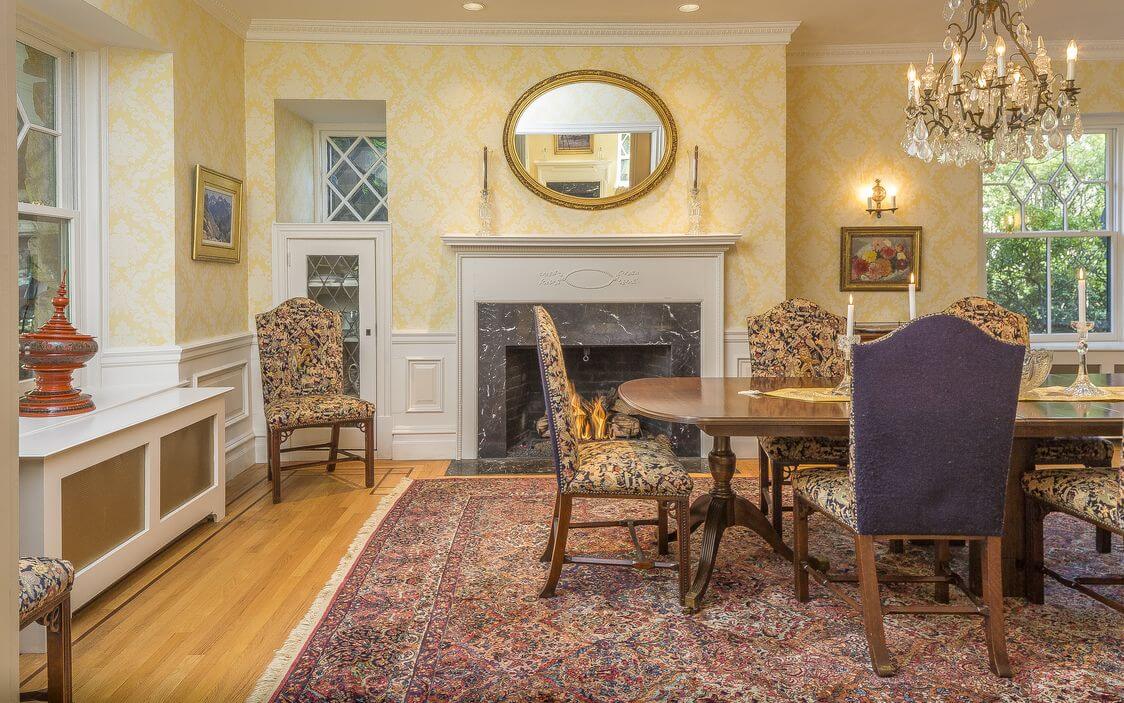
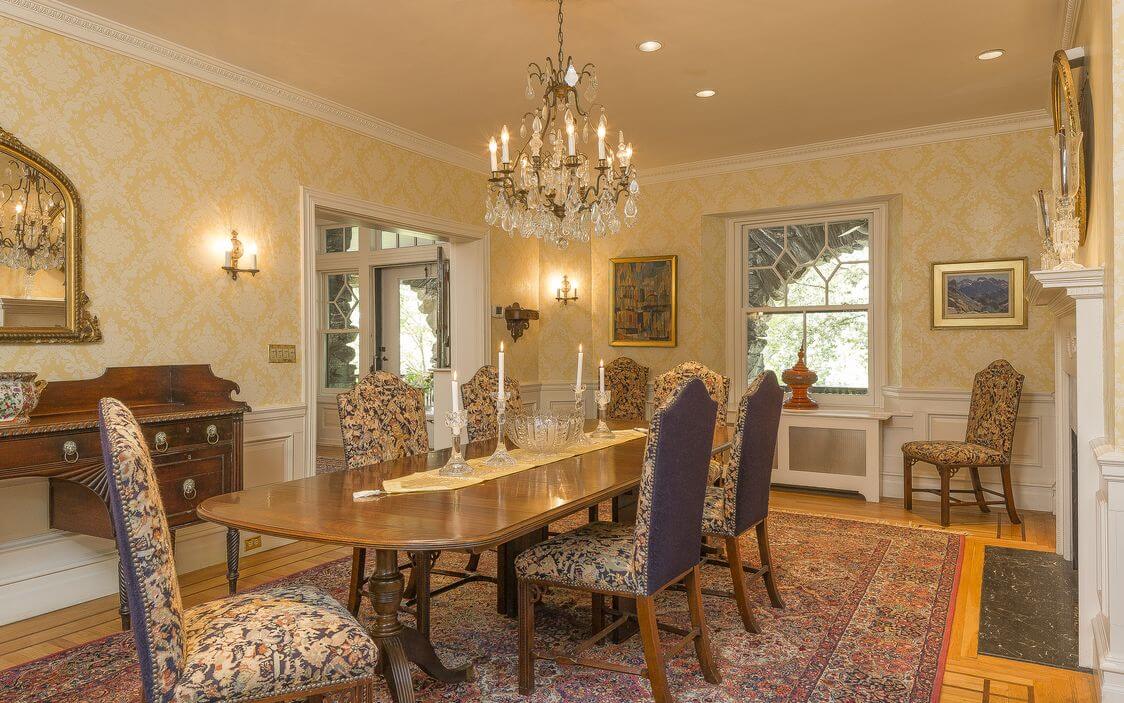
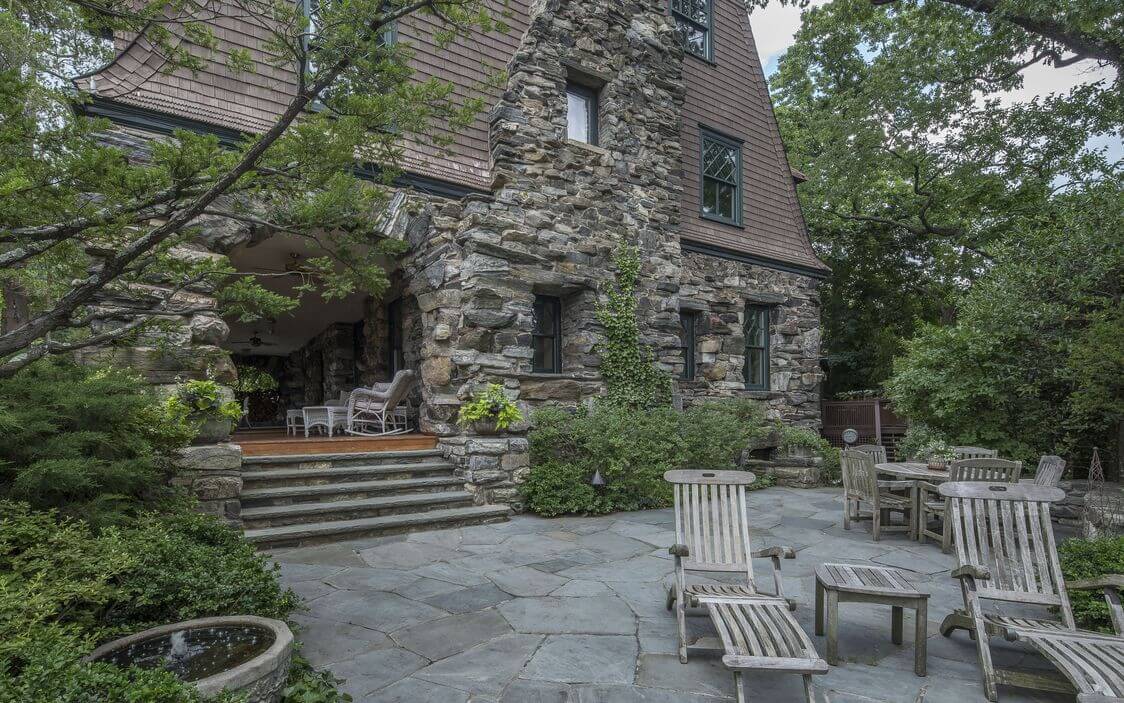
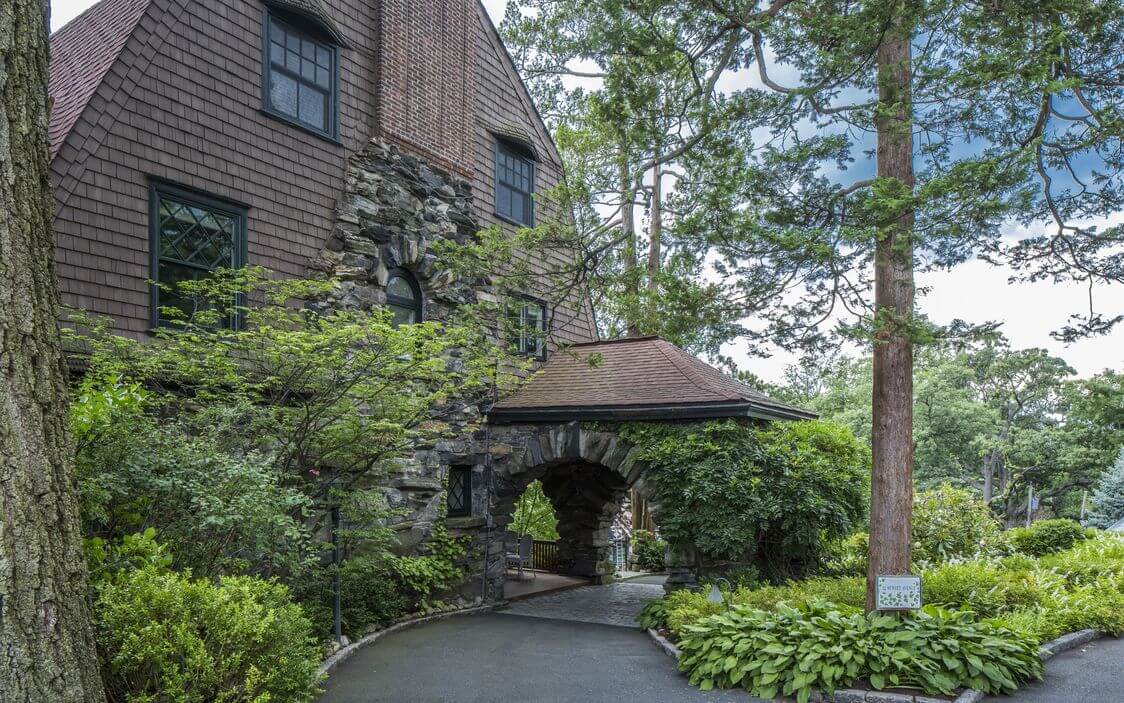
Related Stories
- In the Gilded Age Playground of Tuxedo Park, an 1886 Colonial Revival Mansion Asks $1.92 Million
- North of the City, Two Mid-19th Century Houses Charm With an Abundance of Historic Detail
- An Eye-Popping Look Inside a Grand 19th Century Astor Estate, Yours for $22 Million
Email tips@brownstoner.com with further comments, questions or tips. Follow Brownstoner on Twitter and Instagram, and like us on Facebook.

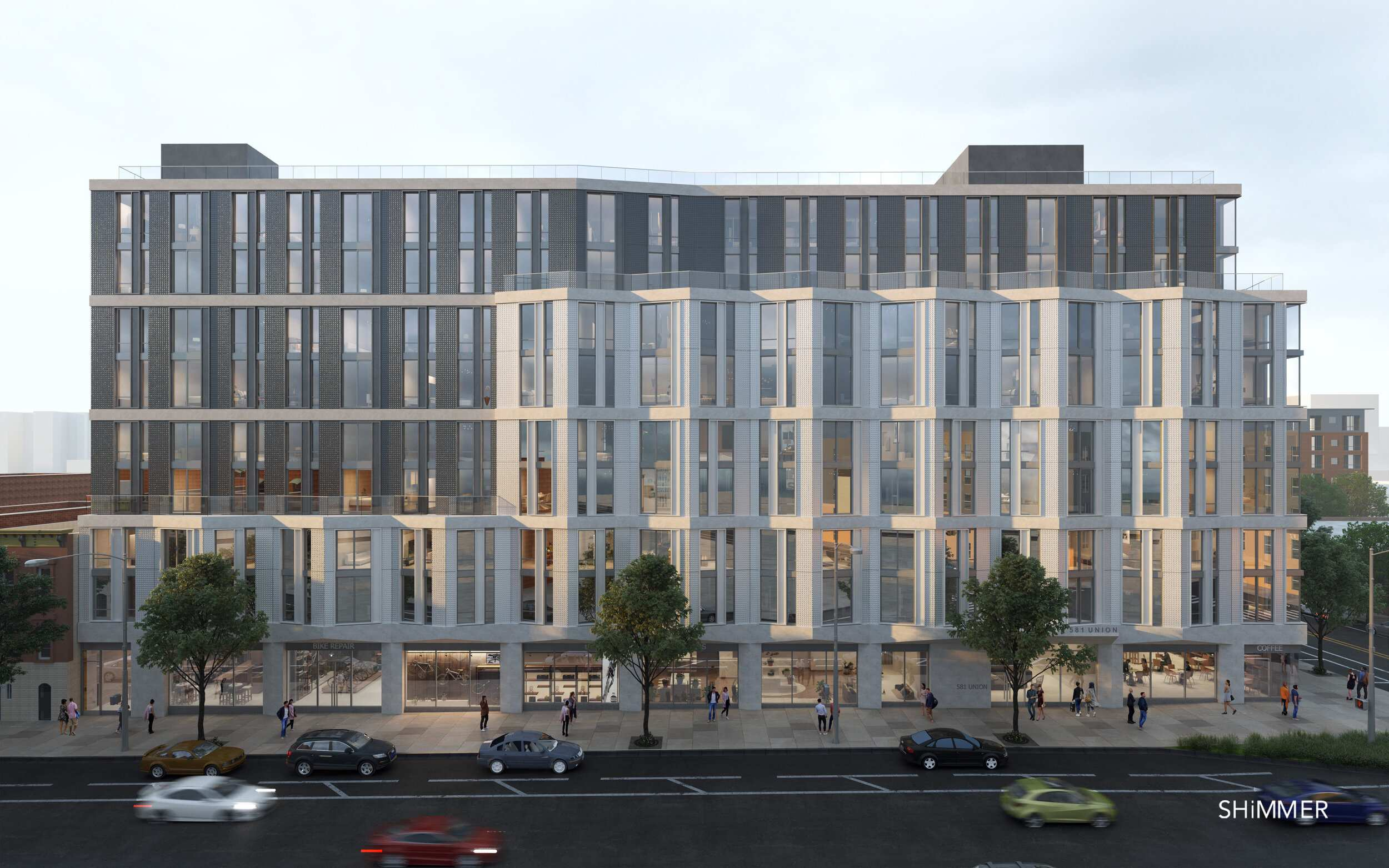
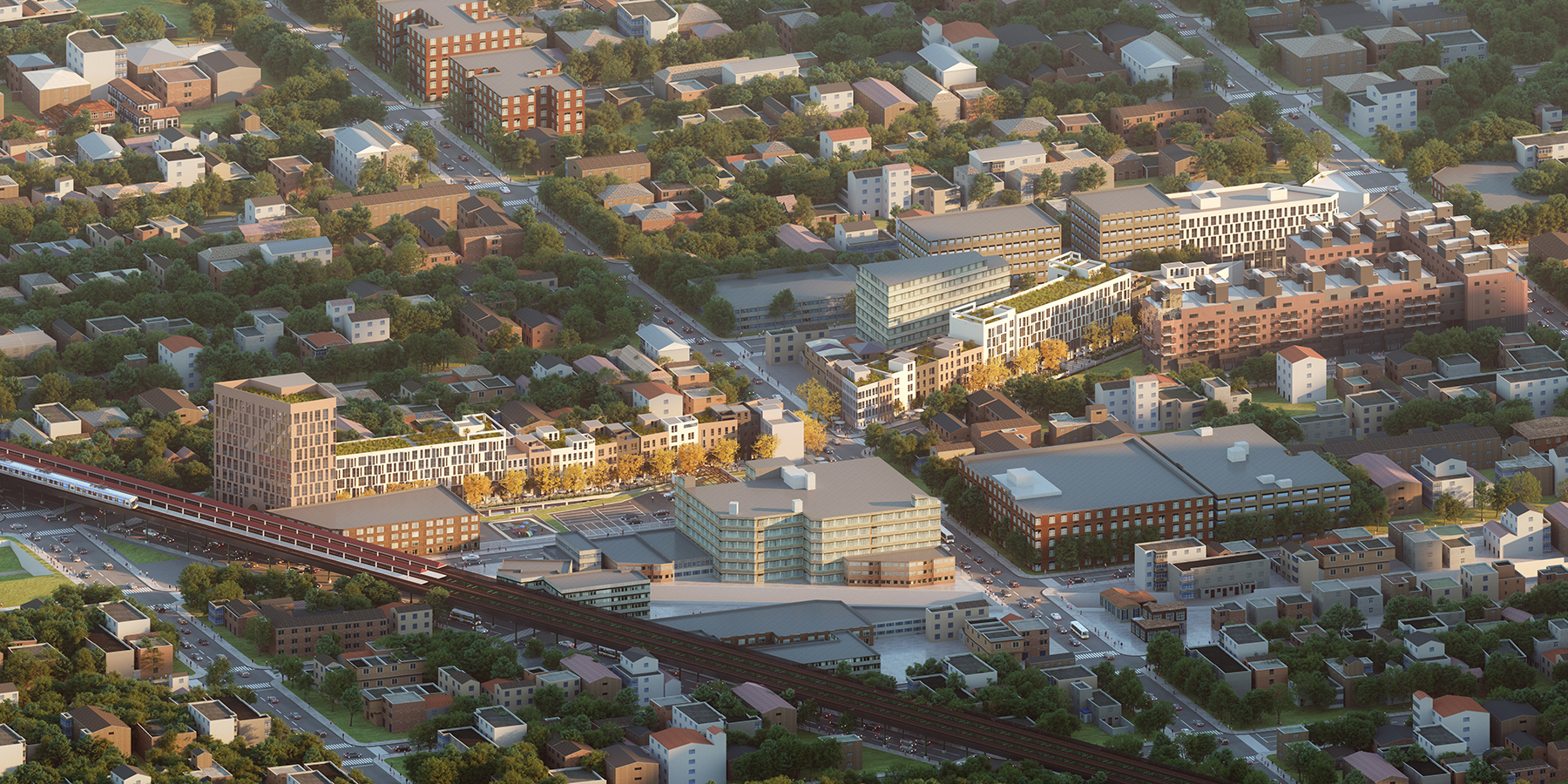
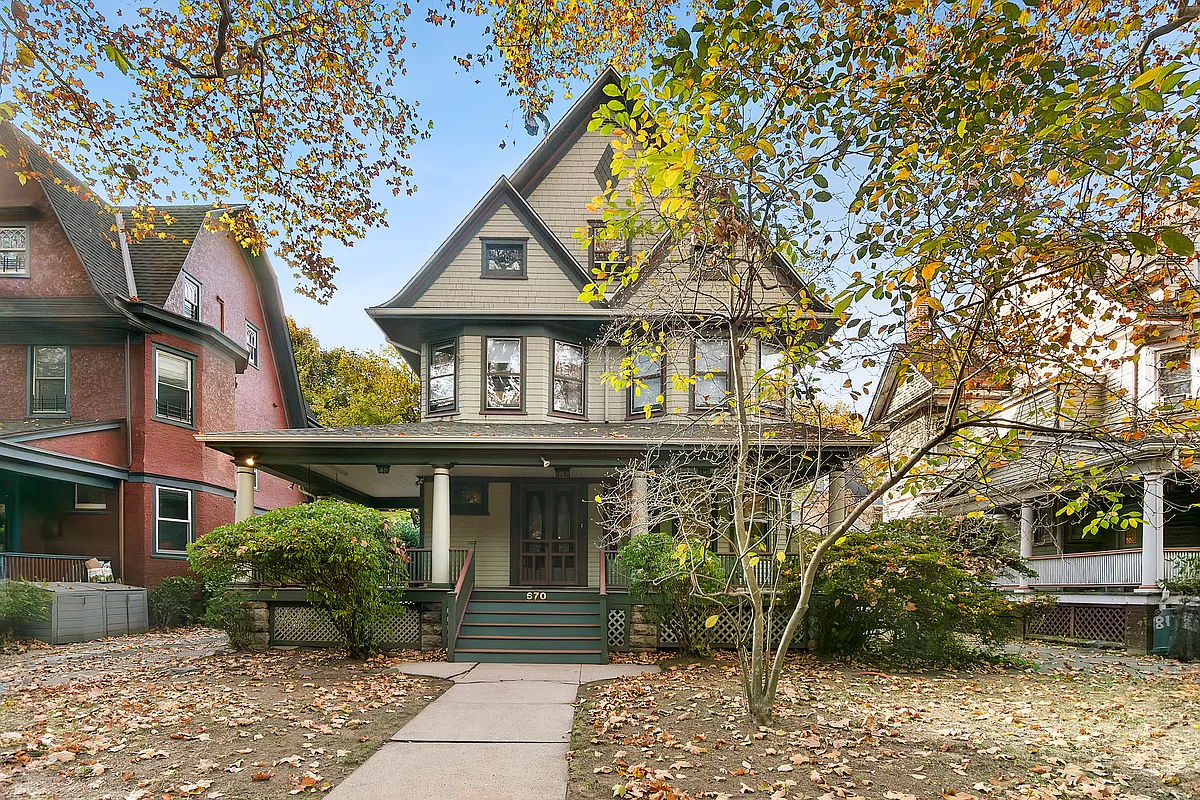
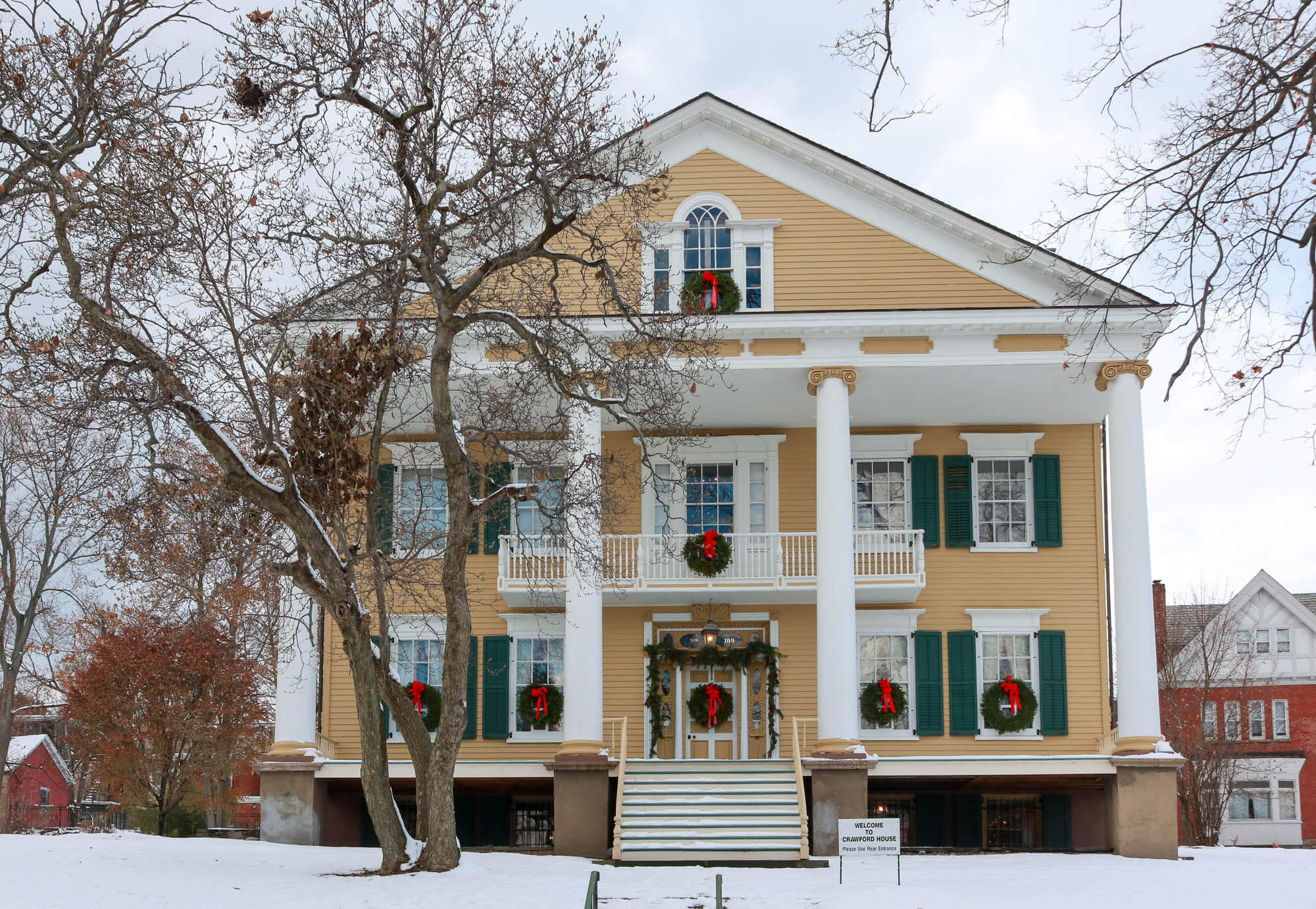


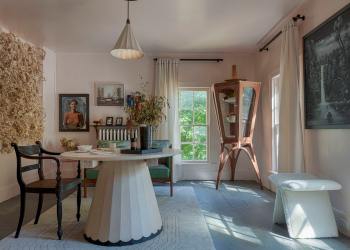

What's Your Take? Leave a Comment